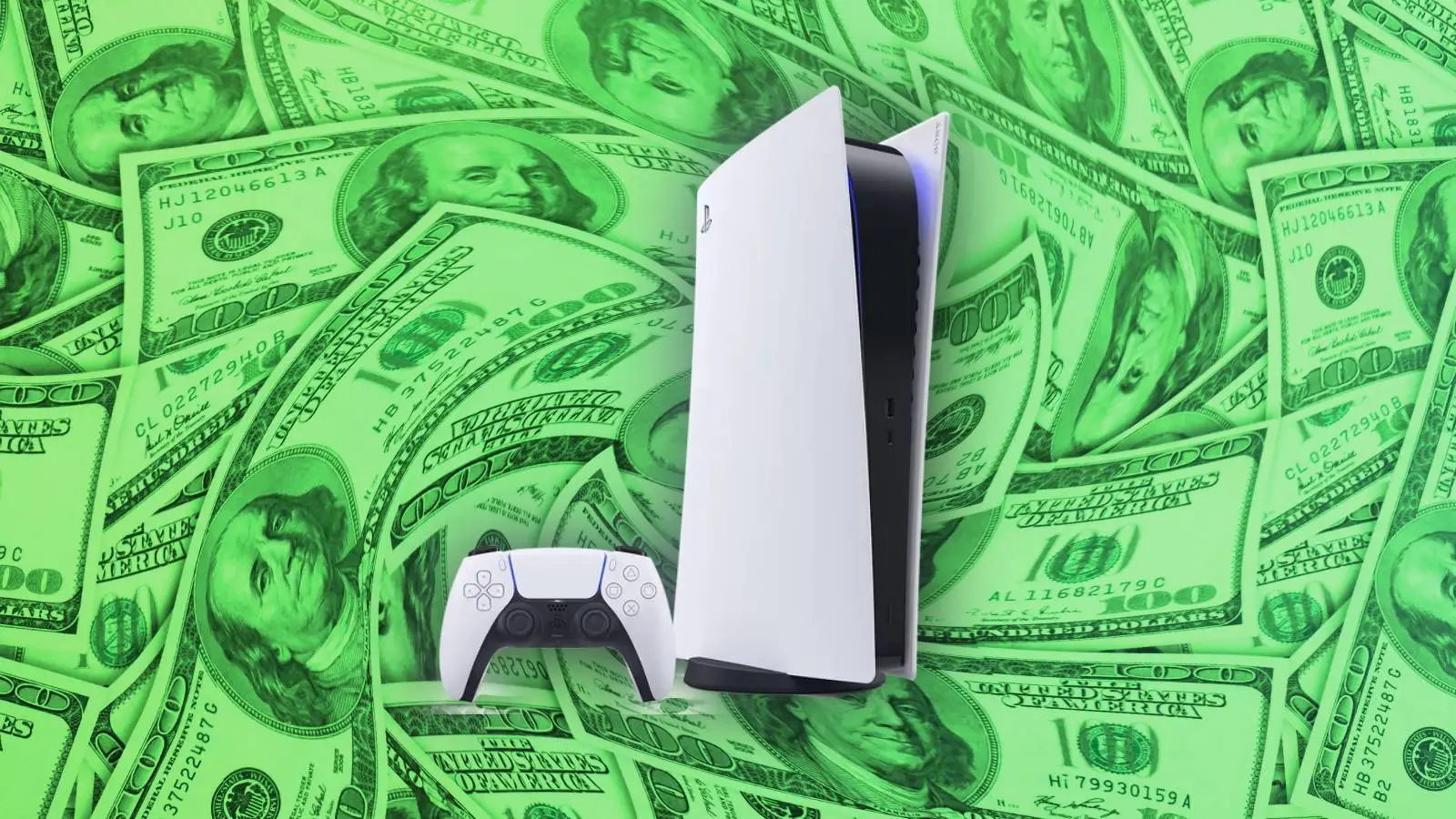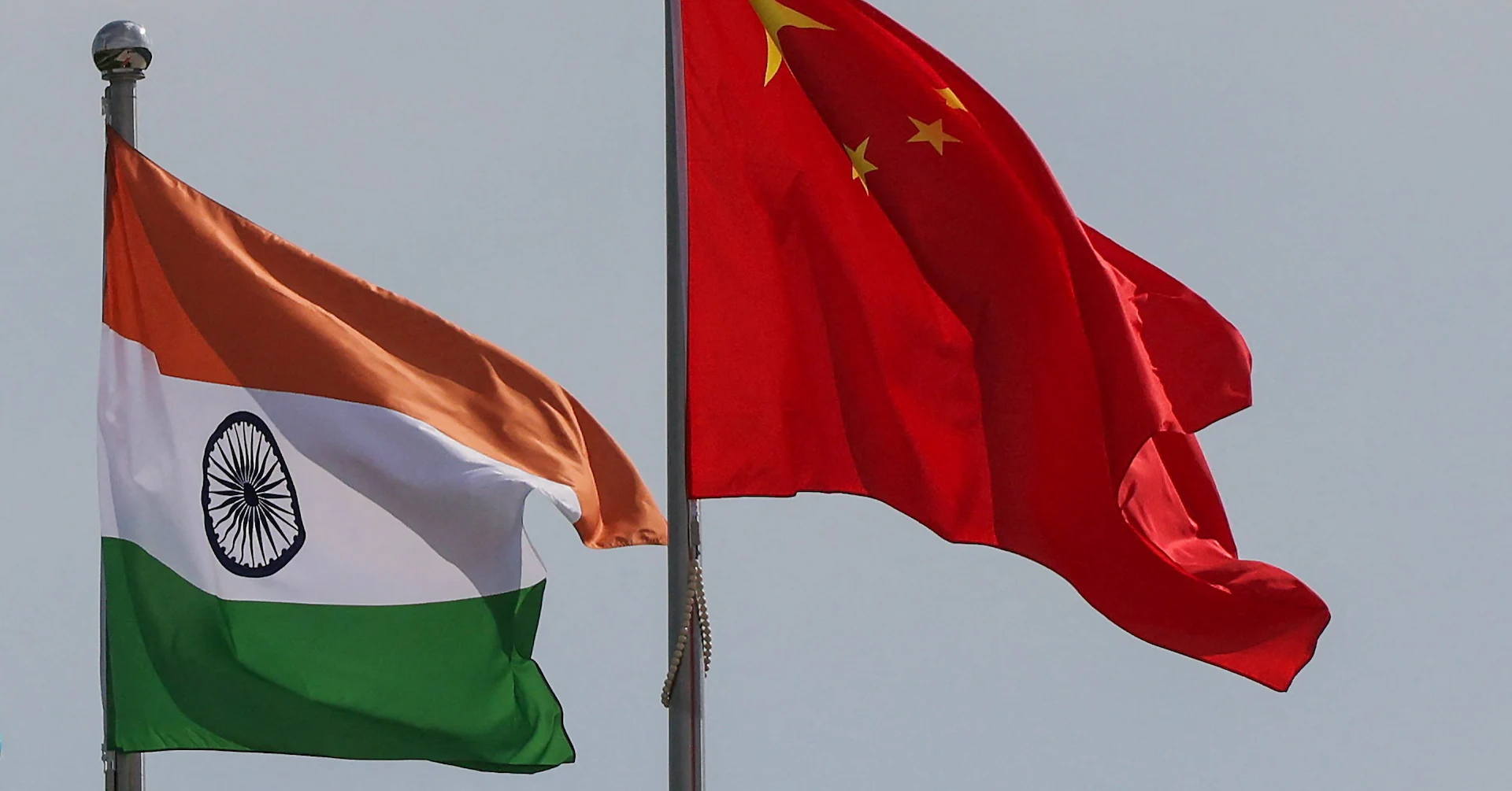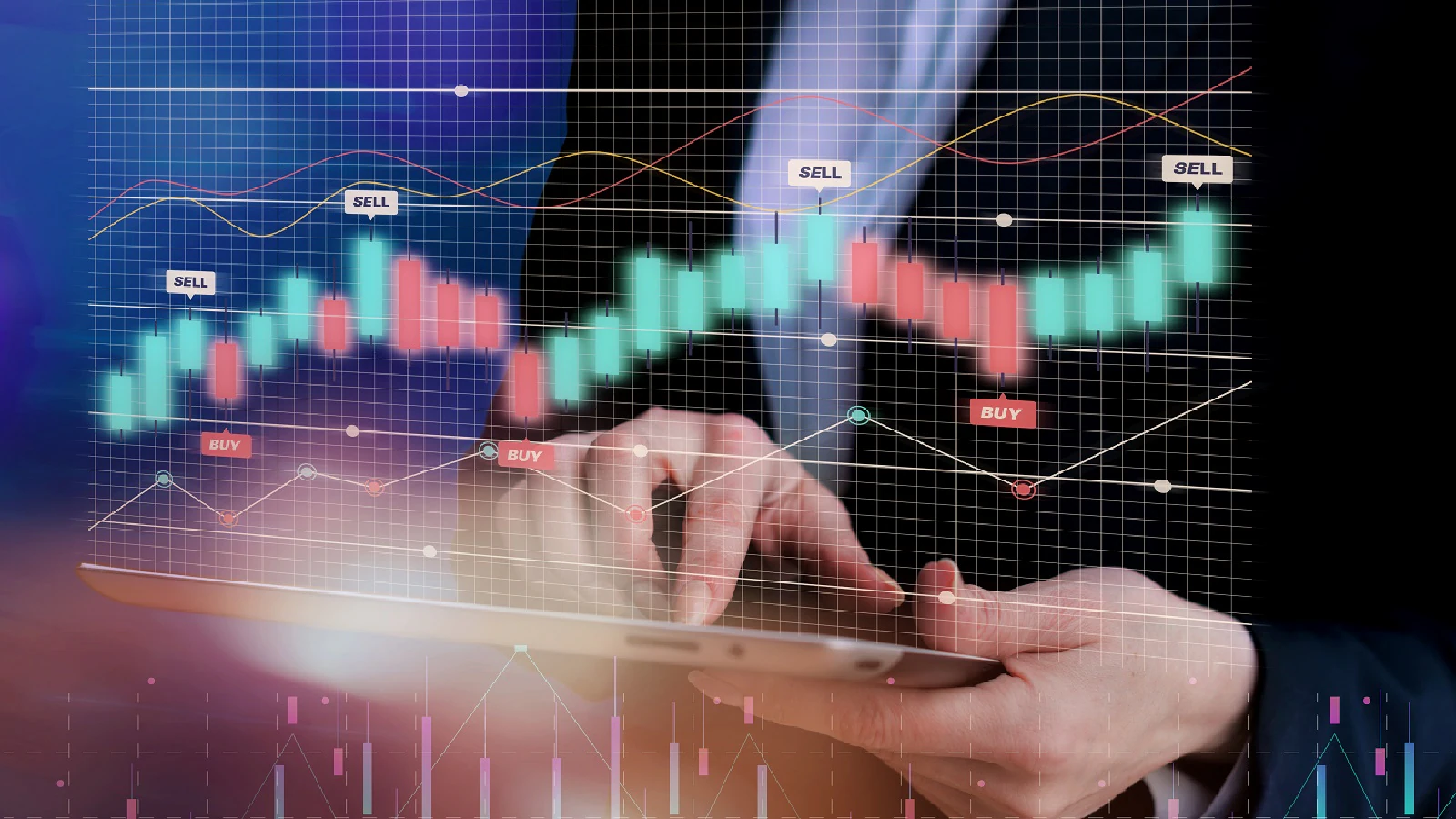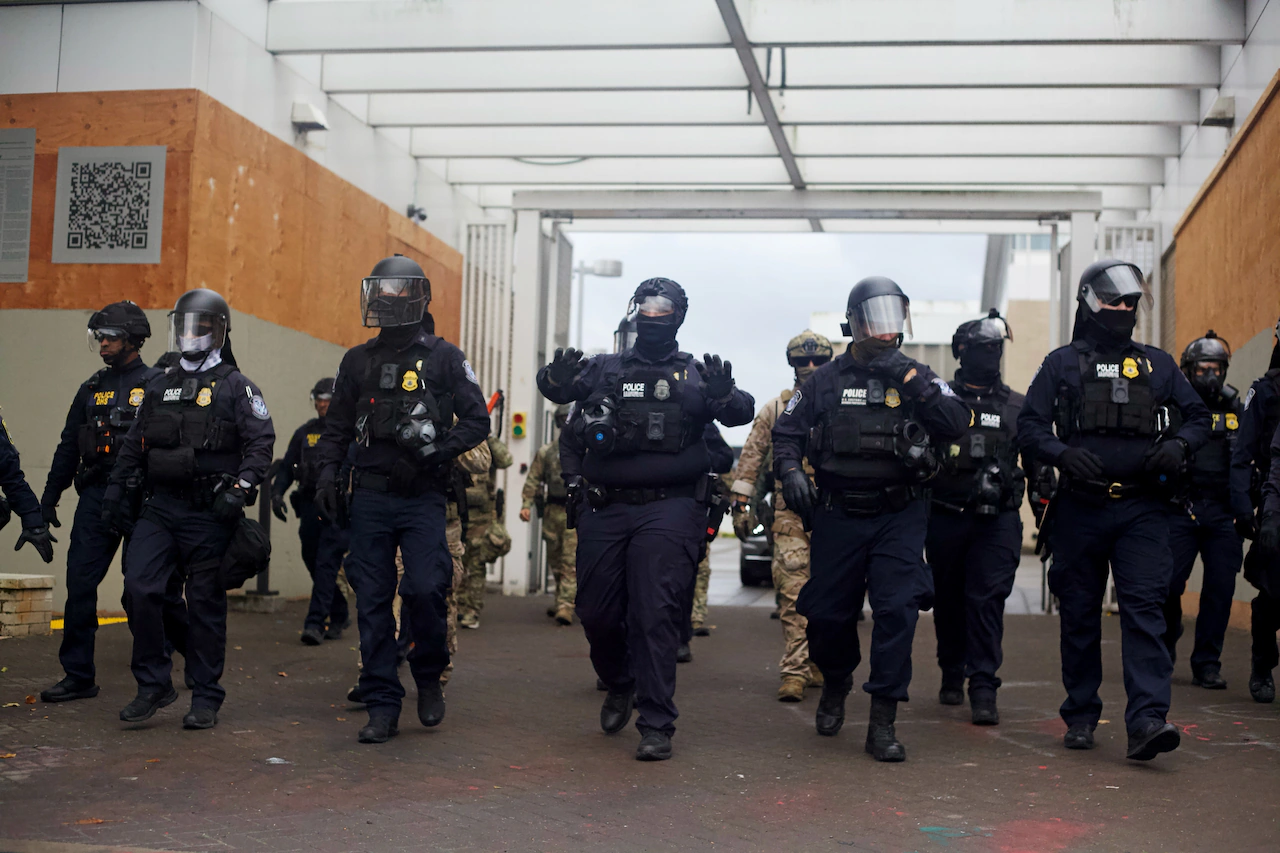Copyright Polygon

It’s hard to imagine now, amid rising grocery prices, rising unemployment, and stagnant living wages, that anyone would ever pay more than the retail price for a PlayStation 5. It’s even harder to understand the idea that people would be willing to pay a significant portion of a paycheck or rent payment just to play Spider-Man 2. But for a couple of years after the release of the Sony console, if you wanted to have the cutting edge of console hardware, you probably had to shell out at least $1,000 for it. But who were those people? And where are they now? Let’s start at the beginning. The PS5 shortage began in November 2020, when the white-clad console first hit shelves – or arguably, before that, given the difficulty in securing pre-orders. The first hurdle was demand. Sure, lots of enthusiasts wanted to be able to say they were holding a DualSense controller from day one. But websites also tended to buckle under the sudden onslaught of traffic, which made it difficult to hit the “Buy” button nearly everywhere. Another major issue was resellers, who were armed with bots. These retail vultures employed technology that could descend on websites to purchase multiple consoles at once before living, breathing humans could even blink. This much, everyone already knows – nearly anything valuable sold online has suffered a similar fate, from concert tickets to Pokémon cards. But it’s hard to understate just how bad the problem was. At the time, Wal-Mart told the public it saw 20 million bot attempts to snag PS5s days after its release, all of which transpired in thirty minutes. Scalpers were amassing such a bounty that they got cocky online, and would boast about how they managed to secure thousands of consoles in one fell swoop. Greed wasn’t the only factor, though. Console manufacturers had to contend with a semiconductor shortage that was worsened by logistical issues. Semiconductors are chips that power all sorts of technology, and during COVID, the demand for them became exponential. This was true in the gaming space – people were under lockdown, and looking for things to do without needing to go outside. In some parts of the world, people also had more money to spend during COVID on leisure activities like gaming. But the increased demand hit many major industries, including cars and laptops. It also didn’t help that 2020 saw a boom in cryptocurrency mining and AI-tech advancement, both of which require a steady supply of chips. Companies would have loved for nothing more than to meet that demand, but manufacturing plants were already running at full tilt – and you can’t just snap your fingers and produce new ones. Combine this with run-of-the-mill supply chain issues, like shipping container snafus and port issues, and what you get is an elusive PS5. For resellers, the PS5 situation was a dream come true. According to eBay, the first couple of months of the PS5’s lifespan saw resale median prices around $1,000 – or around double its initial retail price of $499.99. You’d think most people would balk at such an exorbitant price tag, but no. People were willing to pay, for a variety of reasons. Time and timing were key. It was possible to secure a PS5, but you needed to work for it. Prospective buyers had to set up operations consisting of social media alerts, Discord servers, and online watchdogs whose entire job became telling people where and when PS5s were available. It was easy to say interested parties should simply be patient, but it took years for the PS5 to become readily available – and people can only resist FOMO for so long. “I felt guilty at first but not anymore, I had the extra cash and I got tired of dealing with the online mess,” one person who turned to a reseller explains. Obviously, the people who purchased PS5s at such inflated prices had the means to do so. But let’s get more specific here. While capital-G gamers were definitely a primary audience for the resale market, they weren’t the only ones looking for a PS5. According to multiple accounts on the internet from 2020, another critical party were parents or “regular” people. Like many consoles before it, the PS5 was strategically released around the holiday season, and in short order became a symbol of generosity for people who wanted to prove they truly cared about their loved ones. “I know it will make my 9 year old boy eternally happy to get a ps5 for Christmas,” one father wrote in a 2020 thread that polled people on why they were turning to the secondary market. “And he deserves to be happy,” he added. Accounts like this abound on Reddit, where users claim that they secured a PS5 specifically because a mom or dad wanted to give them some joy. Ironically, the people they were trying to please often felt uncomfortable with the circumstances attached to their new PS5. “I knew she bought it from a scalper and knew she got robbed,” one PS5 owner said, referring to a mother who spent hundreds of pounds over the retail price for their console. “She refused to cancel the order and said she [wanted to] make me happy.” “My mom ended up buying my PS5 through Rent-A-Center…she said she HAD to get me one for Christmas,” another person claims. It gets worse: The mom apparently paid that much for a pre-owned PS5, not a new one. The phenomenon of loved ones procuring a PS5 only to be met with disappointment stretched well beyond the holidays. In one instance, a girlfriend recounts watching her boyfriend become obsessed with trying to buy a PS5, only to fail repeatedly. So she thought she’d surprise him during Valentine's Day with a console, which meant spending 60% more than the normal sticker price. The boyfriend was so livid, he wouldn’t even look at the PS5 box. “I tried asking my mom and sister but they just told me he should be grateful I was so thoughtful and spend hundreds on him,” she wrote in the “Am I The Asshole” subreddit. The verdict, by the way, was NTA. For PS5 owners like these, the regret was nearly immediate. But what of everyone else? Distance from the decision seems to make a difference. People who were asked if they felt remorse over paying $1,000 or more for a PS5 a year or less after buying one mostly doubled down on the decision. “Don’t regret it for a second,” one PlayStation owner wrote in 2020. “Yea I overpaid but I can afford it…Would purchase again in a heartbeat. Buy five years later, the market has settled down considerably. You can walk into any big box store and buy multiple PS5s, no problem. (Price hikes have had an impact, too.) The people who spent an arm and a leg to get one have to sit with that availability, and it’s not always pretty. “I just really regret buying my PS5,” writes one console owner who says they spent a couple of hundred extra dollars for it, only to rarely use it. “The PS5 games aren't going anywhere, and they are hardly releasing exclusives that will probably come to Steam anyways,” they added. Perspective changes things, but the world itself is different from when the PS5 originally released, too. Consoles, on the whole, are overpriced compared to previous generations and only getting more expensive due to things like tariffs. The PlayStation 5 is leading the pack of current generation consoles, and while profits are marginally up, hardware spending has slowed down relative to the COVID boom. Sony has had a few years to show off what the PS5 is capable of, and while that’s resulted in some terrific games, the current generation of video games has been mired in disappointment. It took years for some enthusiasts to feel that we got a “real” PS5 game that justified the purchase of yet another expensive gaming machine. Exclusives are increasingly becoming an outdated concept, which inherently strips away a console’s main selling point. Improvements brought about by increased processing power, on the whole, are negligible this generation. 2025 barely saw any big first-party hits for PlayStation fans. Just when things started to get going for the console, Sony seems to be already moving on from the PS5. And thus, a console that could once cost $1,000 is now barely commanding retail price on sites like eBay. You could ostensibly spend a couple of hundred dollars or less to get a PS5 in 2025, depending on condition and model. There’s no shortage of stock on the secondhand market. If anything, sites like Facebook Marketplace are overflowing with units. Seemingly half the top listings are for hardware that has barely been used. Though rare, even people who didn't pay scalped prices are starting to regret buying a console, based on discussions online. Perhaps the biggest difference between now and 2020, though, is that nearly everything is a PS5. That is: nearly everything can be impacted by supply chain issues, or see a huge price markup by retailers and resellers. In the same way hustlers got away with selling pictures of PS5s on eBay, nearly anything you buy online now can turn out to be an overpriced drop-shipping scam.



